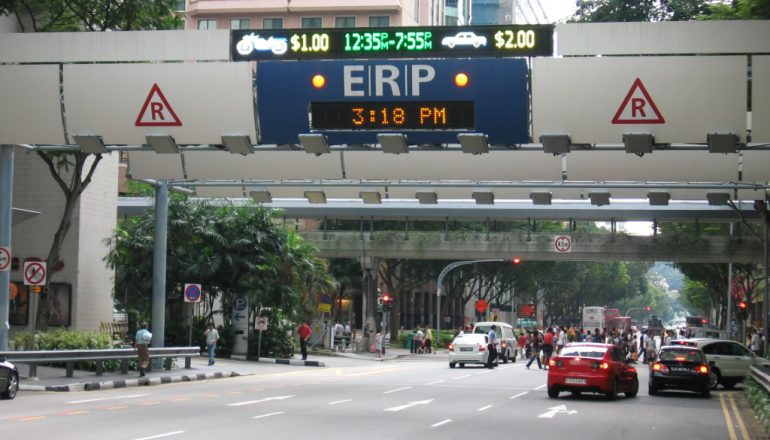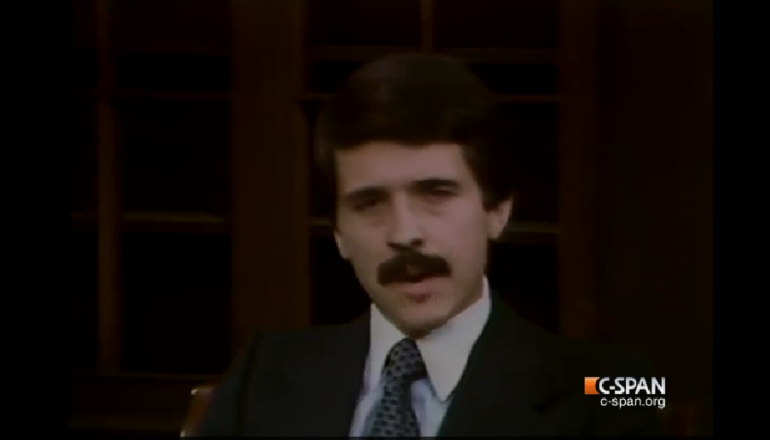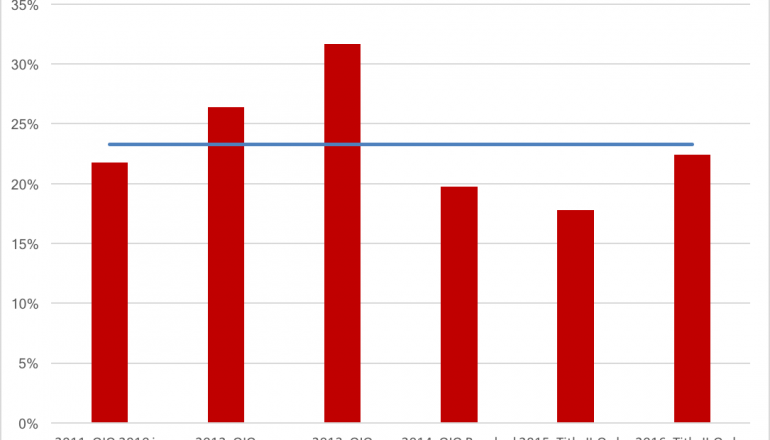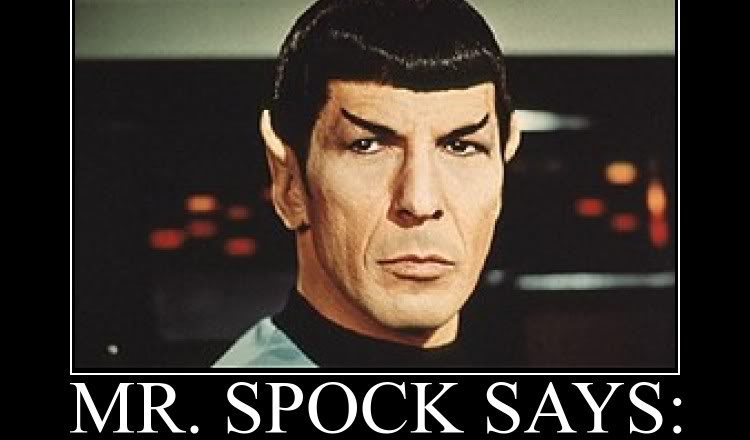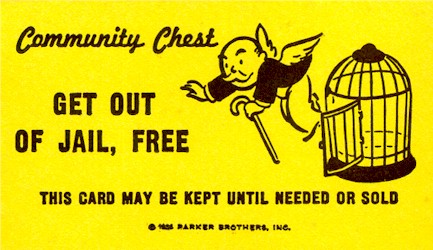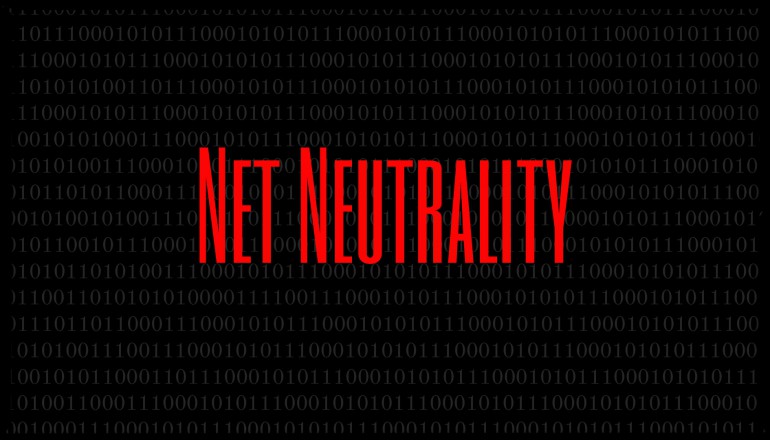Congestion Pricing for Infrastructure: I Still Don’t Know Why Net Neutrality is Important
When usage, delay tolerance, and loss tolerance are all unknowns, we fall to an unknown level of quality. While this simplifies billing, it doesn’t do justice to the needs of applications, innovation, or investment.
A side effect of switching from the current billing model to a quality-based model is that the unproductive net neutrality debate summarily ends. When users have control over the end-to-end quality of each application transaction, the means used by the provider to deliver the desired quality are unimportant.
Fact-Checking Free Press Net Neutrality Violations
Several years ago, Free Press published a list of alleged net neutrality violations intended to show a real and ongoing problem that only federal regulations could address. The list was…
Tom Wheeler’s Tangled Web Recycles an Old Story
Instead of being required to guess what applications need, 5G networks will be told. And instead of applications having to guess what the networks can supply, they also will be told. This is all explained in our podcast with Peter Rysavy on 5G application support.
Rather than trafficking in ancient speculations about the future of networking, would-be visionaries would be better served by developing an understanding of networking technology. That’s the real driver of innovation.
Open Internet Orders Degrade Internet Improvement
Even when the figures for 2016 are taken into account, the numbers show very clearly that Open Internet Orders are a drag on the rate of broadband improvement in the US. The numbers also show that the Title II order did more damage than the 2010 Title I order.
We want our broadband speeds to improve. The data show that the best way to make that happen is to challenge open Internet orders, especially those that classify broadband Internet service under Title II.
Roslyn Layton Visits High Tech Forum
What are we losing by pretending that mobile broadband is a noncompetitive market that needs to be tightly managed by a Washington-based regulator? We can’t know that in the US because we only have the market we have. But data from other countries suggests that we’re not seeing the explosion in mobile apps development that we should expect.
Highly Illogical Broadband Claims
What the FCC can do is help to keep large swathes of the American population from falling behind. And it can do this by saying yes to network deployment and innovation. A good first step in that process is to let go of the vacuous virtuous cycle of networks + apps innovation. That argument is illogical.
A Technical View of the Title I/Title II Debate
The FCC’s review of the regulatory status of broadband Internet Services focuses the spotlight on the distinction between Title I and Title II services. Title II is meant to apply…
Remind Me: Why Should I Care about Net Neutrality?
End-to-end is part of Internet history, but so is traffic differentiation. On the one hand, some forms of discrimination at the packet level are constructive. Applications have different needs and it’s good for networks to provide them with the type of service they desire.



